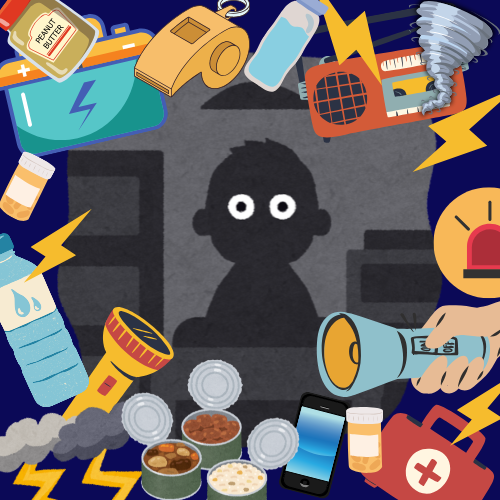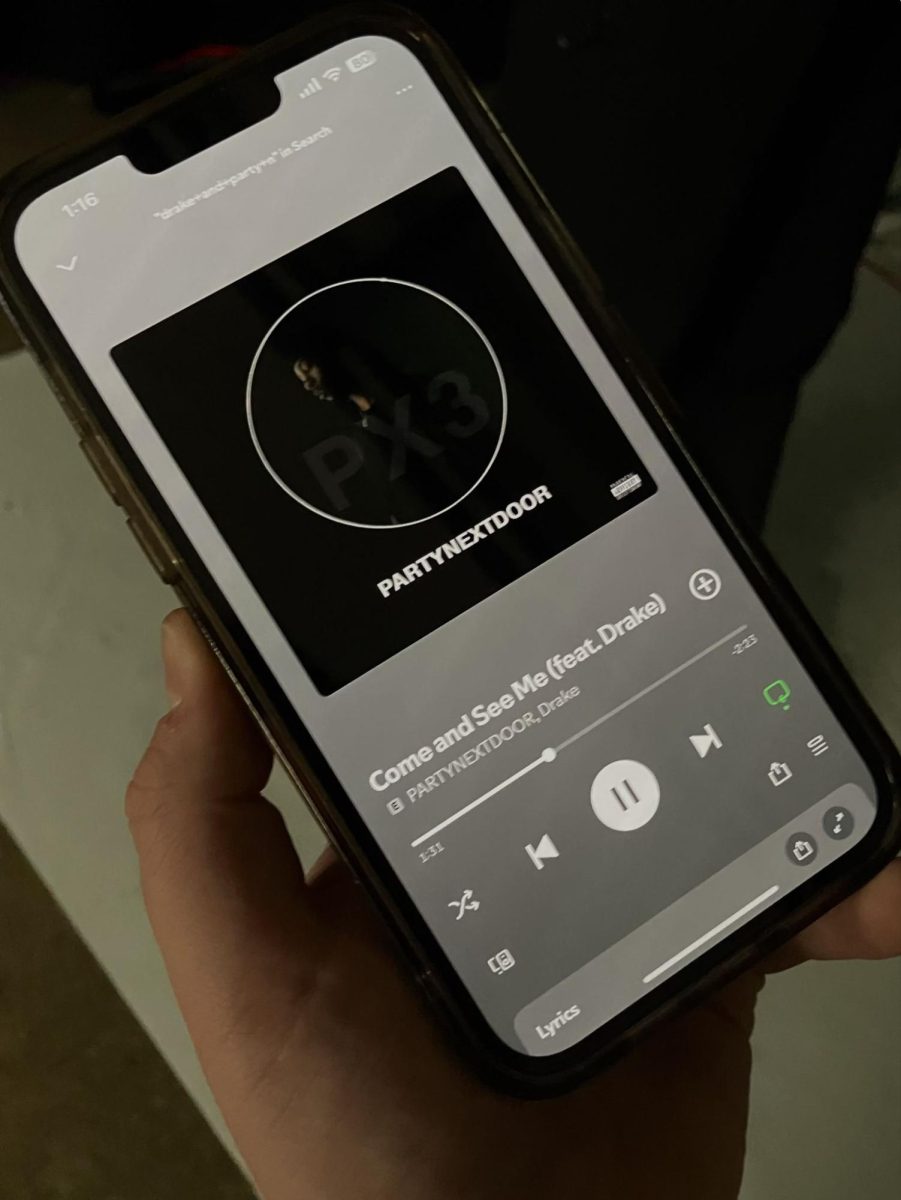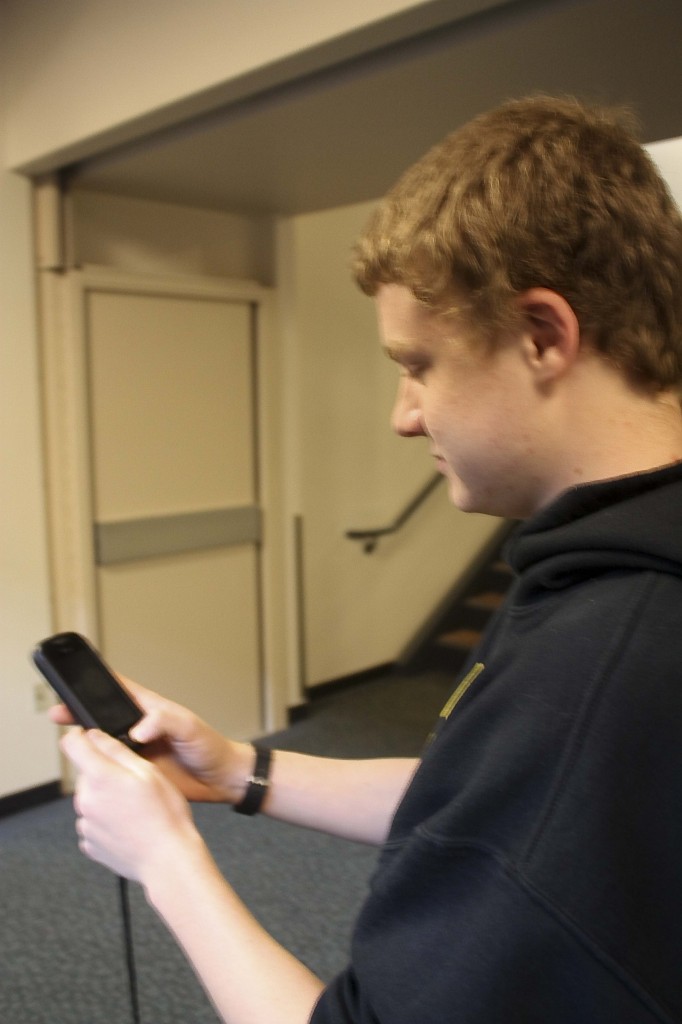Imagine the future in a junior high or elementary school—a future filled with every kid and tween having the latest updates in modern technology. It wouldn’t be, “Okay children, let’s research for your homework assignment!” and then kids would pull out the encyclopedia or history books, but instead they would take out their cell phones. With advancements of technology in 2012 alone, that future seems to be closer.
I didn’t receive my first cell phone until my sixteenth birthday. That’s a long time for a teenager to wait for a cell phone, when all of his or her friends received their first phone when they were younger. My sister received her first phone when she turned 15, and my youngest sister received hers last Christmas when she was 12. It seems unfair to me, but my point is: why are kids given the privilege of the latest technology at such a young age?
According to an article written last year by Seth Fiegerman, the average cell phone user spends $63 per month, and that’s for ONE person. Imagine the bills when you combine the one user, plus a spouse and throw in a kid or two. I’m fastidious about money and my own cell phone usage only because I’ve seen how high the numbers can be on my family’s cell phone bills.
“I don’t worry about the bills unless my children have used the internet connection on their phone,” Barbara Rost, parent of Dana Rost, junior, said. “Since my children do not abuse this privilege, it is not a problem. If they did, my stress would be about the girls, not about the bill. That is, my attention would be focused on their behavior, not about money.”
So if money is not the issue, then what is it?
Maybe tweens are just obsessed. But what brought them into this obsession? It’s hard to admit, but it’s the fault of older siblings, of parents, freelance adults, and other youngsters exposed to this technological epidemic. And the side effects are costly.
I barely talk to my little sister other than the daily “Hi”s and older sister instructions. I barely talk to her because she’s in her room practically all day surfing the web on her iPod Touch. If it’s not that, it’s her cell phone, the TV, or the computer. My parents don’t have strict restrictions on my sisters and I, but they know when it’s “too much.”
“My parents usually just tell me to go outside and have fun, ” Lia Christensen, seventh grader at Rosemont Ridge Middle School, said. “But they don’t care if I play video games for one to two hours.”
There are middle school students who own more than one piece of technology. Christensen owns an iPad, a laptop, an iPod Touch and a cell phone, not to mention a TV and video game consoles. And I doubt she’s the only one who owns that many electronic devices.
According to the Pew Research Center, about 75 percent of American teens own a cell phone—and the numbers are climbing. So about 25 percent of American teens don’t own a cell phone. I won’t say their parents are the “better ” parents by not allowing their children to own the same things their friends do. But for parents who recognize that their children have a “problem” with technology, here are some tips to help your child(ren) in the process of being less technologically attached:
1. Talk with them and tell them you want them to succeed in life. Staring at a screen 24/7 damages vision and the prolonged effect of playing on iPods or video games will eventually affect their learning habits in school, according to an article published on the University Chronicle.
2. Inform them of the BENEFITS of technology and that it’s not just for fun and games. Cell phones aren’t just for texting friends. But texting parents to catch a ride home; we all like that.
3. Keep the computer/iPod/phones out of their bedroom. If you keep their doors to the virtual world open at all times, they’ll stay stuck in their rooms like the Pevensie children in Narnia. This becomes harder as they grow older, especially during their senior year in high school as it is used regularly for school work.
4. Make agreements around their responsibilities. Chores and homework should be completed before logging on to the computer. It’s as rewarding as receiving allowance.
5. Set guidelines and restrictions. Make it clear about what, when and how long they can stay on their phones/computer/TV. It’s best to have a set time to pull the plug.
Technology grows and kids grow. The entwining weed of cell phones and all that fancy stuff won’t stop until it completely dominates your child’s life. If parents are aware of this, it’s never too late to stop and control it. Parents should overlook their kids’ lives, not technology.


![Reaching out. Christopher Lesh, student at Central Catholic High School, serves ice cream during the event on March 2, 2025, at the Portland waterfront. Central Catholic was just one of the schools that sent student volunteers out to cook, prepare, dish, and serve food. Interact club’s co-president Rachel Gerber, junior, plated the food during the event. “I like how direct the contact is,” Gerber said. “You’re there [and] you’re just doing something good. It’s simple, it’s easy, you can feel good about it.”](https://wlhsnow.com/wp-content/uploads/2025/03/interact-1-edited-1200x744.jpg)




























































![At the bottom of the third inning, the Lions are still scoreless. Rowe stands at home plate, preparing to bat, while Vandenbrink stands off to the side as the next batter up. Despite having the bases loaded, the team was unable to score any runs. “It’s just the beginning of the season. We’re just going to be playing out best by June, [and] that’s where champions are,” Rowe said.](https://wlhsnow.com/wp-content/uploads/2024/03/IMG_3077-1200x900.jpg)




















































